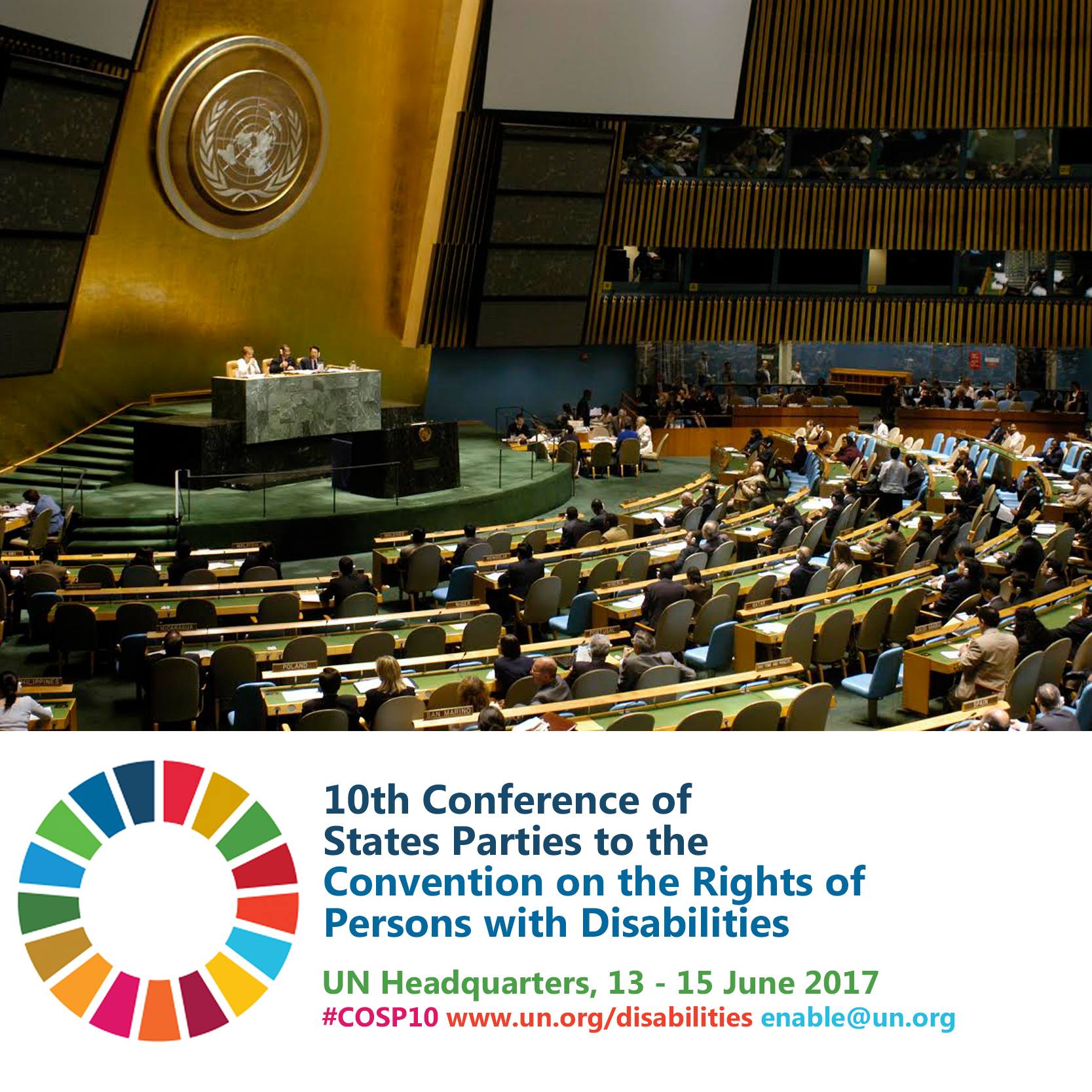 Dario D’Ambrosi, infamous Passion of the Christ star, brought the room to tears when he discussed his work in establishing the first university to offer a three-year theater major to individuals suffering from disorders such as schizophrenia, manic-depression and autism as well as Down syndrome.
Dario D’Ambrosi, infamous Passion of the Christ star, brought the room to tears when he discussed his work in establishing the first university to offer a three-year theater major to individuals suffering from disorders such as schizophrenia, manic-depression and autism as well as Down syndrome.
During the UN’s 10th Convention on the Rights of Persons with Disabilities, representatives from Italy, Germany, Australia, and Israel, the world’s leading countries in rights for disabled individuals, held a panel discussing the importance of communication between able-bodied and disabled individuals.
For the past eight years, D’Ambrosi has led Teatro Pathological , or the Pathological Theater, an innovative drama school in Rome that offers classes to people with mental disabilities. He works with over 1700 disable children in order to help them express their emotions through theater arts performance. “Now my hope has become to be able to help mentally disabled people with stagecraft more than with drugs,” he said in a New York Times interview about Pathological Theater. Self-expression is a vital part of our experience as humans, but for people with physical disabilities, participation in arts programs can be a challenge in and of itself. His adaptive arts and in art therapy combines creative and positive spotlight to a group of people that constantly feel unwanted and unaccounted for in society.

He believes that individuals with disabilities should use their diversity as a force to change the world and should, therefore, be a source of pride rather than a barrier from able-bodied people.
Representatives from Australia and Germany followed suit by discussing the need for more government funding for a print disabilities service program, which would convert various services into a format that would allow people with disabilities to have more accessibility to information. Their “Easy to Read” program advocates for the implementation of ‘plain language’ for individuals struggling with intellectual disabilities. Just as self-expression is well within our human right, so is the right for people to understand information that affects their life.

The representative from Israel stood up and used sign language rather than solely using his words to convey the importance of including sign language in not only governmental institutions, but also in the mainstream media and sign language classes should integrated as knowledge general for students to learn in school/university. At the end of the representative’s presentation, he revealed a music video where the artists were singing and signing.
The key towards including members of the disabled community into society is all through communication. In the words of D’Ambrosi, “The finding that there is a very thin line between physiological disease and mental health, within US that humanity is entrusted to fragile rules and that our mind responds to genetic and cultural codes, creates a rift in our perception, rips our consciousness.” Reflecting and asking yourself how you can extend your aid and empathy to a community who is struggling to obtain basic human rights reminds us that we are not very different from each other in the grand scheme of life.












